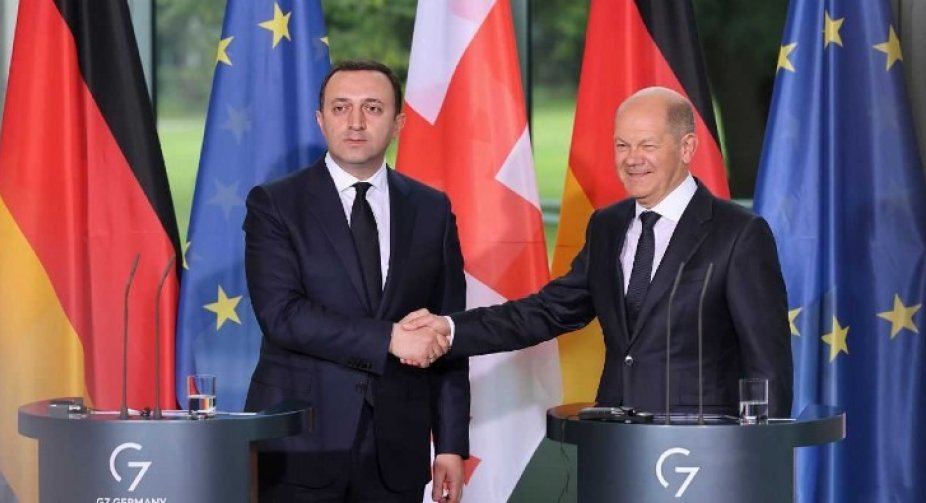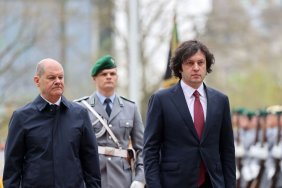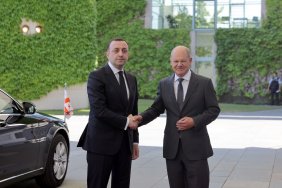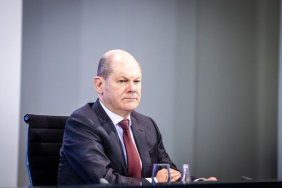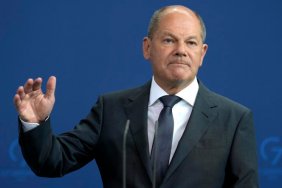Olaf Scholz, Chancellor of the Federal Republic of Germany, said on Wednesday after his meeting with Georgian Prime Minister Irakli Garibashvili in Berlin that the “EU does its best to assist Georgia in complying with the criteria required for the accession. It is vital for making Georgia a member of the community, which is based on the rule of law, democracy, social equality and market economy principles”.
He stressed that “ It is a central viewpoint of everyone and it will be the task of the candidate countries to meet the criteria. However, Georgia will have every support from us to carry out the legal and political measures”.
“We made a great contribution in the decision of the European Council and it resulted in granting the European Perspective to Georgia. Prerequisite for candidacy is announced in the form of 12 essential criteria. Now it is all up to the country to deliver and achieve this goal. Germany will, of course, help Georgia in this, if the essential conditions are met”, Scholz said.
Speaking about the Russia-Ukraine war, the German politician stated that “this conflict makes no sense. It sacrifices human lives. It should be resolved with peace between the two countries”.
“Hope that we had is at risk now, however the EU and us, our country and other nations, including Georgia are working and should work on making a peaceful resolution and development of these countries.
“We should conceptualize that difficulties at one point of the globe may have their consequences for economies elsewhere. That is why it is important that we should oppose everyone who supports deglobalization”.
Responding to the question on energy issues, Scholz stated that “let me say that we learned a lesson and are now trying to have various sources of gas supply, not only in our country, but throughout the EU. We are thus developing the infrastructure in Europe to enable the swaps and imports. We are concluding agreements with a lot of countries on the supply of gas. It is our lesson learned and this knowledge is applied to our decisions that are made nowadays”.
